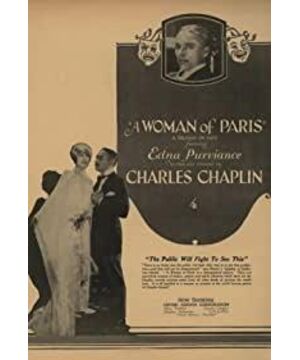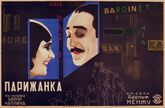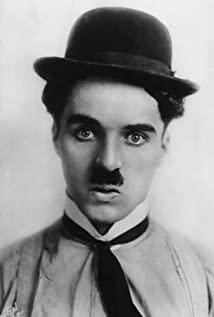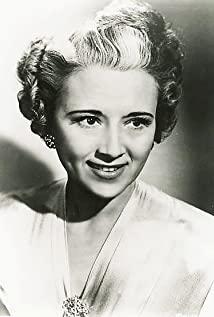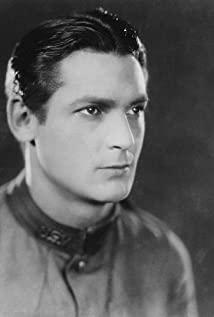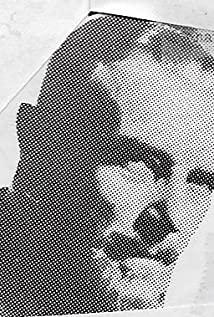I have seen some silent films before, such as "Modern Times", "Metropolis", "Nosferatu" and "The Life of an Actor". the plot and the situation.
But this movie made me very angry.
Why are you angry? There is no moral element. I am not angry that parents oppose their children's marriage, nor am I angry that Parisian courtesans make old lovers and poor painters commit suicide with hatred, and I am not angry that the Parisian diamond king, who is hypocritical and half-hearted, is among them. No, the elements of these dramas don't make me, a self-proclaimed morally ambiguous and edgy guy, offended.
What I'm pissed off about is the thin characters, the blunt plot, and the rhetorical ending.
They don't seem to have a history. Although they begin to explain that Marie comes from an unhappy (unfortunate) family, does an unhappy explain his father's decisive attitude towards his daughter? When he got to Jean's house, he said that his mother would prepare the mattress for Maire, presumably his mother was more reasonable and closer to him. When his father went downstairs and saw that they were hugging intimately, he was so angry that he wanted to drive the girl away, even at the cost of breaking with his son. But why? There is nothing wrong with this girl, why would she be willing to let her only son leave like this? Marie was waiting at the station for Jean to pack up and leave for Paris, but at this time Jean's father fell ill, and Marie called Jean to ask about the situation. What Jean said was, there was something terrible happened in my family, why not just say that my father is sick and the doctor is here? And at this time, Marie was so angry that she hung up the phone. This is your lover. Why don't you wait for two minutes for his explanation? Well, in this seemingly prequel, explaining the origin of the two people, the two people just missed it, and Marie came to Paris alone.
Marie becomes the mistress of the wealthy bachelor Pierre in Paris, the other woman. Because Pierre is about to get engaged to the woman. Marie meets Jean unexpectedly and learns that Jean has become a painter, living with her mother, and is financially struggling, so she asks him to paint portraits. Marie knew the reason why Jean didn't go with him at the time: his father had died. But what he painted was Marie dressed modestly on the day they parted, not her lavishly dressed today. The painting brings up old events, and Jean takes the opportunity to propose to Marie. When Jean's mother heard it, she frowned. Marie has to choose between Pierre, who is affectionate but supports her, and Jean, who seems affectionate but has separated from her. Marie chooses the latter. Marie went to Jean's studio to find him, but unexpectedly heard Jean tell his mother that his proposal was a moment of weakness. Here I am also asking why? Why does the mother object? Wouldn't it be okay to use an "obvious" courtesan and poor painters that wouldn't have good results? Before that, there was some quarrel between mother and son, when Chaplin used one of the subtitles that annoyed me the most, "As all mothers and sons have conflicts,..." (forgot the English original). Such a granted subtitle interpretation makes all the drama a slave of "for granted", just wielding the big sticks of "for granted", "obvious" and "well known" to drive the drama, without any need for anything about the mother and son Relationships, motivations, emotions, and psychological explanations. And why did Jean say such a clear disobedience, promising that his mother would not marry Marie, just to appease his mother?
What annoyed me even more was that after waiting all night outside Marie's apartment to no avail, Jean went back to the apartment and picked up a gun! But who do you want to kill? The woman you just hurt, or the rich man who supported her? I was so surprised by this reckless behavior. Because he seems to be an affectionate lover and a filial son, but neither loves his lover nor cares about his mother, he is a complete reckless man. At the dinner later, Jean wrote a small note to Marie, hoping to see her again. Pierre saw it and invited Jean to sit with him. Jean saw that the note was in Pierre's hands, his self-esteem was thwarted, he pushed himself, was kicked out by the staff, he committed suicide in the lobby... he committed suicide... died...
His mother grieved when his body was brought home, but had no time to grieve, she picked up the gun and went to kill Marie. (Why!" Of course, "Did you immediately judge that this woman killed your son?)
Marie went to their apartment, crying over Jean's body, when she was seen by the mother who came back and slowly put down the gun.
In the end, what annoyed me the most was that the two of them started a child welfare home together!
Really leave everything to "time passed, the wound will slowly heal, and I will forgive the person who once hated to shoot and kill", okay?
I'm angry! Angry at the end of this blunt and didactic forced transformation and half-happy ending! Angry for Marie and Jean's incomprehensible love, and the latter's incomprehensible death, and angry that their emotions and logic can be single to use the word "obvious" every time. Even more angry is that this is not a comedy, but a drama! In Chaplin's comedies, I wouldn't pick these bones, but this is a serious play written by him!
View more about A Woman of Paris: A Drama of Fate reviews


